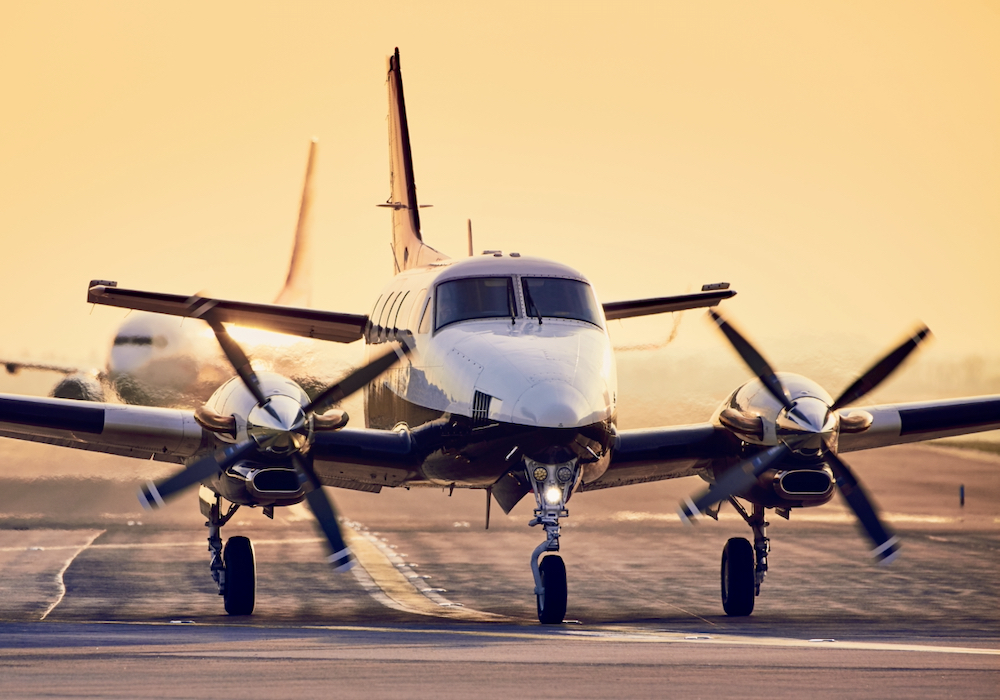The province is providing new funding to lay the groundwork for a sustainable aviation fuel (SAF) plant in the RM of Portage la Prairie.
On Dec. 19, the provincial and federal governments announced a $2.9-million agreement between the Government of Manitoba and biofuel company Azure Sustainable Fuels Corp. Funds will be provided through the Sustainable Canadian Agricultural Partnership. The money is slated for Azure’s front-end engineering design study, a planning step in which technical specifications and early construction designs may be drawn up and more detailed timelines and budgets estimated.
“This is a cutting-edge project for Manitoba farmers and oilseed processors,” said ag minister Ron Kostyshyn in a news release.
Read Also

Trade uncertainty, tariffs weigh on Canadian beef sector as market access shifts
Manitoba’s beef cattle producers heard more about the growing uncertainty they face as U.S. tariffs, and shifting trade opportunities, reshape their market.
Why it matters: Oilseeds sectors including canola have high hopes for the emerging biofuels market.
The RM of Portage la Prairie is one of several locations the company has tagged for biofuel processing. Studies are being developed for multiple sites, Azure’s website states. In an Oct. 30 news release, the company cited four planned sites in North America, with a goal to have the studies and other work needed for regulatory approvals complete by the end of next year.
Once the plan is fully realized, the company estimates it will tap about one million tonnes of feedstocks like soybean and canola oils to produce as much as one billion litres of SAF per year.
Back in June, then-premier Heather Stefanson and then-federal ag minister Marie-Claude Bibeau announced their governments would provide $2.9 million toward the engineering design study.
The Portage la Prairie facility is expected to cost $1.9 billion to build, a June 20 news release said. Once built, it’s expected to create 150 jobs and add $2 billion to the Manitoba economy.
Construction is slated to begin in 2025, said Azure president and CEO Douglas Cole, in a December news conference.
SAF
The Canadian Council for Sustainable Aviation Fuels estimates SAF can reduce emissions by up to 80 per cent over its life cycle compared to traditional jet fuel, but it makes up only 0.2 per cent of global jet fuel use and costs three to five times more than traditional jet fuel.
In early December, International Air Transport Association (IATA) chief economist Marie Owens Thomsen told media that only three per cent of global oil and gas capital budgets are invested into SAF production. Profit margins are much higher in the sector than in aviation, which is set to reach a 2.7 per cent profit margin in 2024.
“This clearly has to change,” she said.
By 2050, 500 million tonnes of SAF will be needed to meet environmental targets. By 2030, the IATA forecasts that SAF production will sit at only 63 million tonnes.
Dozens of airlines have signed agreements with SAF producers around the world as pressure rises in Europe to meet regulatory requirements, which come into force in 2025. In September 2022, the Canadian government announced a target of 10 per cent SAF use by 2030, as part of a “vision” of a net-zero aviation sector by 2050, a federal news release said.
– With files from Reuters.
















